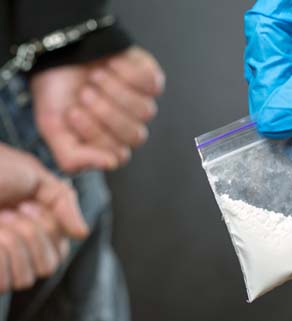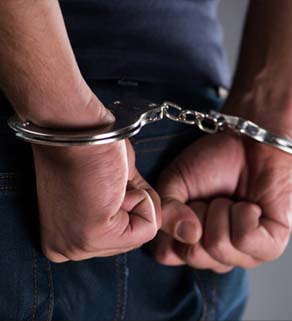Drug Driving in London
Drug Driving is illegal to drive affected by illicit medications, or on the off chance that you have certain medications over a predefined level in your blood. Like drink driving, the police have a roadside test that makes it simpler to identify the individuals who are driving affected by illicit medications. On the off chance that you are gotten and indicted, you could confront a driving boycott, expensive fine, and a jail sentence.
It’s illicit to drive assuming either:
✓ You’re unfit to do as such in light of the fact that you’re on legitimate or unlawful medications
✓ You have certain levels of illicit medications in your blood (regardless of the possibility that they haven’t influenced your driving)
Why is drug driving dangerous?
The impacts of the particular drug vary contingent upon how they act in the mind. For instance, weed can moderate response time, debilitate judgment of time and separation, and lessen coordination. Drivers who have utilized cocaine or methamphetamine can be forceful and heedless when driving. Certain sorts of tranquillizers, called benzodiazepines, can bring about wooziness and tiredness. These weaknesses can prompt to vehicle crashes.
How often does drug driving cause a crash?
It’s difficult to gauge what number of accidents are brought about by sedated driving. This is on the grounds that:
✓ A great roadside test for medication levels in the body doesn’t yet exist
✓ Police don’t for the most part test for medications if drivers have achieved an unlawful blood liquor level on the grounds that there’s as of now enough proof for a DUI allegation
✓ Many drivers who cause accidents are found to have both medications and liquor or more than one medication in their framework, making it difficult to know which substance had the more noteworthy impact








